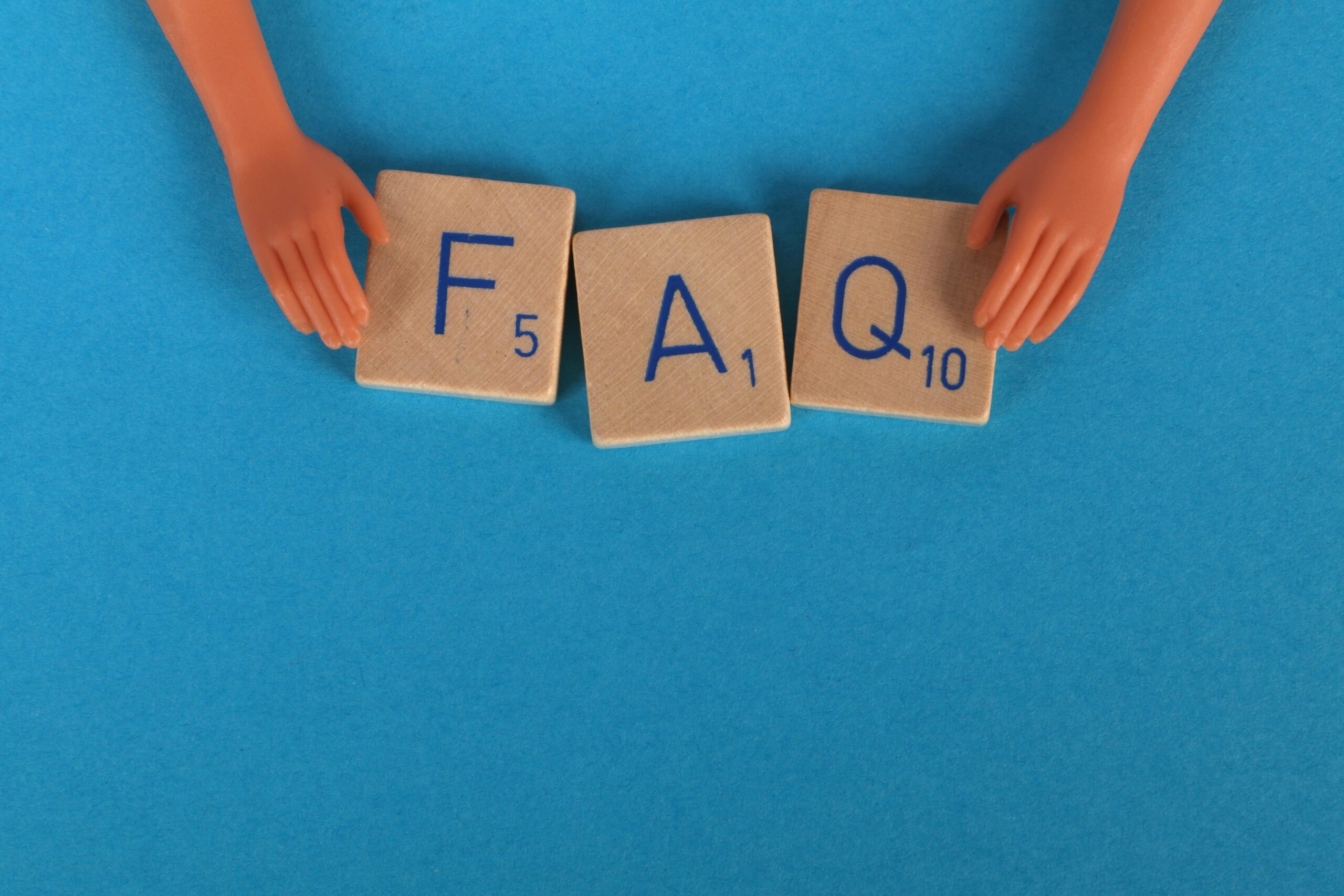Frequently Asked Questions
1. What should I do when I feel an urge to gamble?
- Acknowledge the urge—it will pass.
- Use the 15-minute rule and distract yourself with deep breathing, journaling, a walk, or reaching out.
- Learn more in Coping with Gambling Urges
2. Why do gambling urges feel so intense?
Triggers like stress, boredom, or financial strain reactivate old reward circuits in your brain. Understanding why they happen is the first step.
Read Why You Keep Going Back to the Casino (Even When You Don’t Want To)
3. How can I avoid high-risk situations?
- Identify your triggers—apps, places, or media that spark gambling thoughts.
- Block them or set boundaries.
- Explore our Recovery Roadmap for concrete steps to stay safe
4. What healthy coping strategies can help?
- Structure your day to reduce unstructured time.
- Try breathing exercises, journaling, movement, or creative hobbies.
- Learn practical tools in Replacing the Rush and our Recovery Journal Templates
5. Can therapy or counseling help?
Yes—therapy like CBT and motivational interviewing helps you shift thought patterns and build emotional resilience.
See our book recommendations in Best Books for Gambling Recovery
6. How do I handle relapse or a slip?
- Recognize a lapse is a signal to pause, not fail.
- Reflect on triggers, talk to someone, and rebuild your recovery plan.
- Read Managing Gambling Relapse: How to Recover, Reflect, and Rebuild
7. Are holistic approaches beneficial?
Yes—yoga, meditation, art therapy, breathwork, and time in nature can support deep emotional healing alongside therapy or support groups.
8. How do I rebuild relationships after gambling losses?
- Be transparent and honest: use “I” statements to share what you’re feeling.
- Consider family or couples therapy to rebuild trust and communication.
- Check out Parenting While in Recovery for emotional rebuilding strategies
9. What financial tools or practices should I use?
- Set a budget, loss limits, and block gambling transactions.
- Consider accountability software or sharing access with someone you trust.
10. How can I stick with my recovery long‑term?
- Track urges and progress in journals or apps.
- Connect regularly with support groups and maintain daily routines.
- See stories of long-term recovery in Replacing the Rush and It’s Been 3 Years Since I Last Gambled
11. I hit rock bottom again—even after months clean. Why?
Relapse is common and doesn’t erase your progress. It means the addiction still has emotional hold—but you can learn and return wiser.
Reflect on this in How One Relapse Nearly Destroyed Everything I Worked For
Still have questions or need support?
We’re here with you. Visit our Contact page, revisit the Recovery Roadmap, or join our Healing Circle to stay connected.


